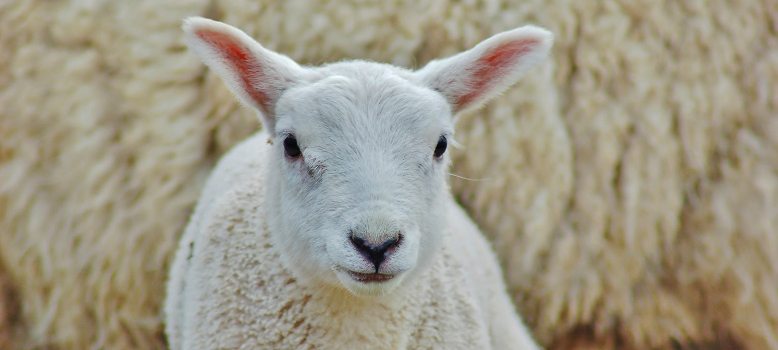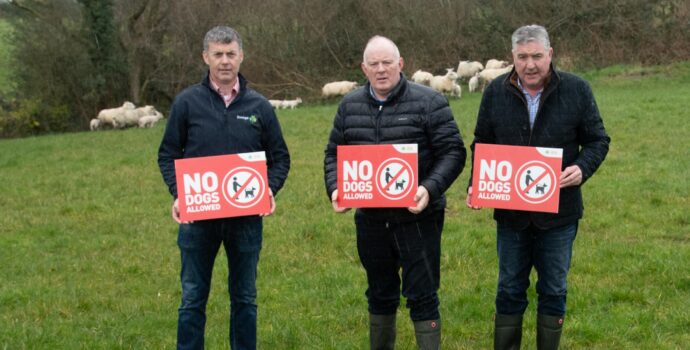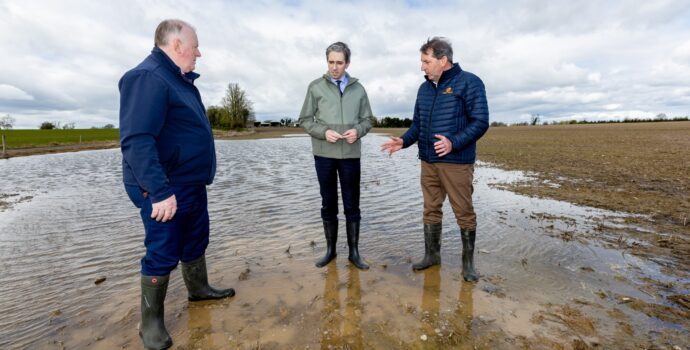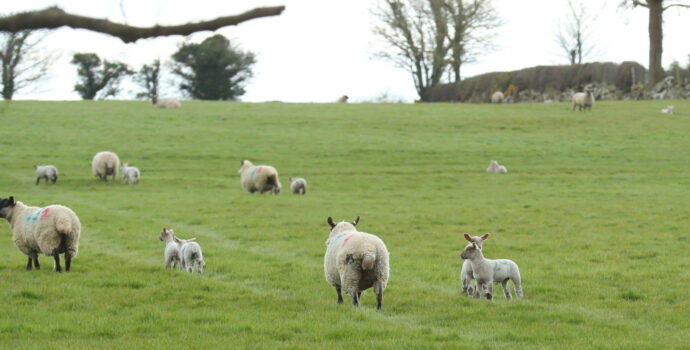Sheep Farmers Frustrated with Meat Factories & Department over Clean Sheep Policy

IFA National Sheep Chairman Sean Dennehy said there is growing frustration among sheep farmers with the overzealous way some meat factories and Department of Agriculture officials are attempting to implement the Clean Sheep Policy.
“In some meat plants, sheep have been sent home, factories have imposed very unfair charges and others have threatened farmers. This over-the-top approach is damaging the clean sheep policy among farmers,” said Sean Dennehy. He said it is clear some plants are losing lambs on the back of such action.
The IFA sheep farmer leader said factories and the Department must take into account the continuous wet weather over recent weeks in the implementation of the Clean Sheep Policy at the slaughter plants, and adopt a more practical and sensible approach.
Sean Dennehy said, despite working in very difficult weather conditions at this time of year, as quality food producers sheep farmers will strive to have their sheep as clean as possible but neither the factories nor the Department can expect the impossible. He said it is totally wrong that some factories have threatened farmers and moved to ramp up charges on clipping, with some imposing 80c per head for dagging. He said IFA is opposed to clipping charges.
In addition, he said some meat plants have imposed unfair, across the board charges of 30c per sheep regardless of whether the sheep are clean or dirty. He said this is totally unfair and wrong. The IFA sheep farmer leader said factories should not be imposing charges under the Clean Sheep Policy and any costs associated with required action at factory level should be incorporated into normal running costs of the factory.
Sean Dennehy said farmers will make the best possible effort to have their sheep as clean as possible. However, he said any significant delay in slaughtering sheep at a factory is very bad news as it will reduce kill out and cost the farmer.
Teagasc has recently produced guidelines on the Clean Sheep policy




